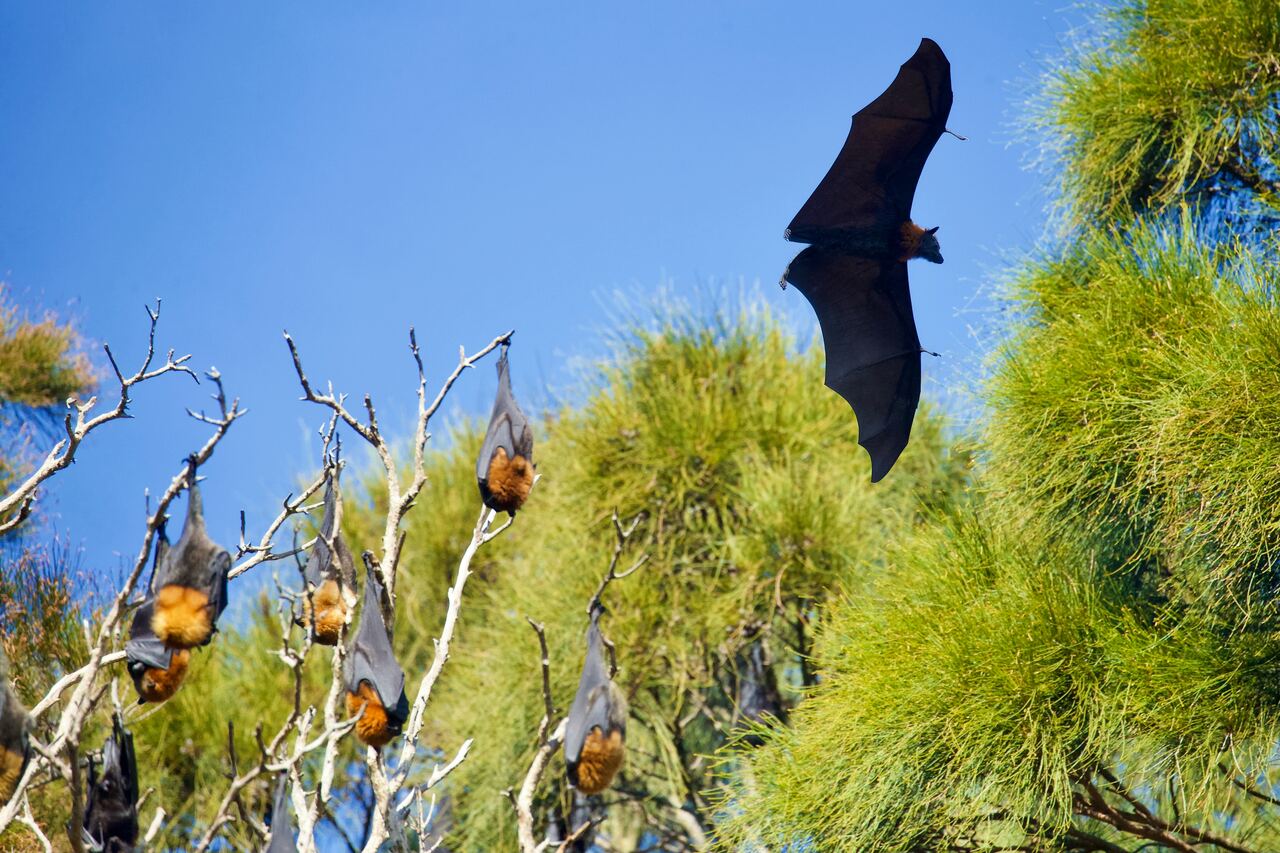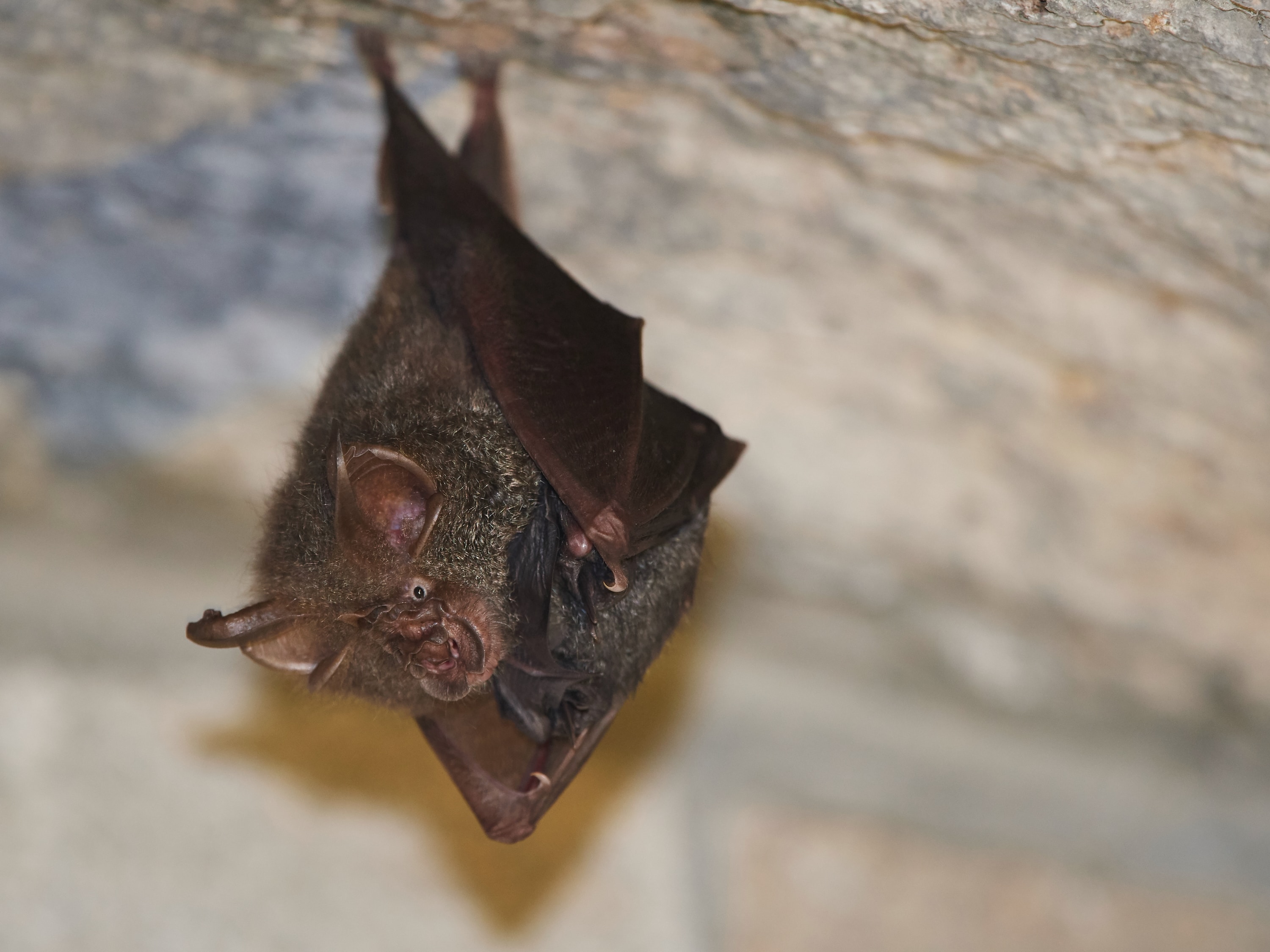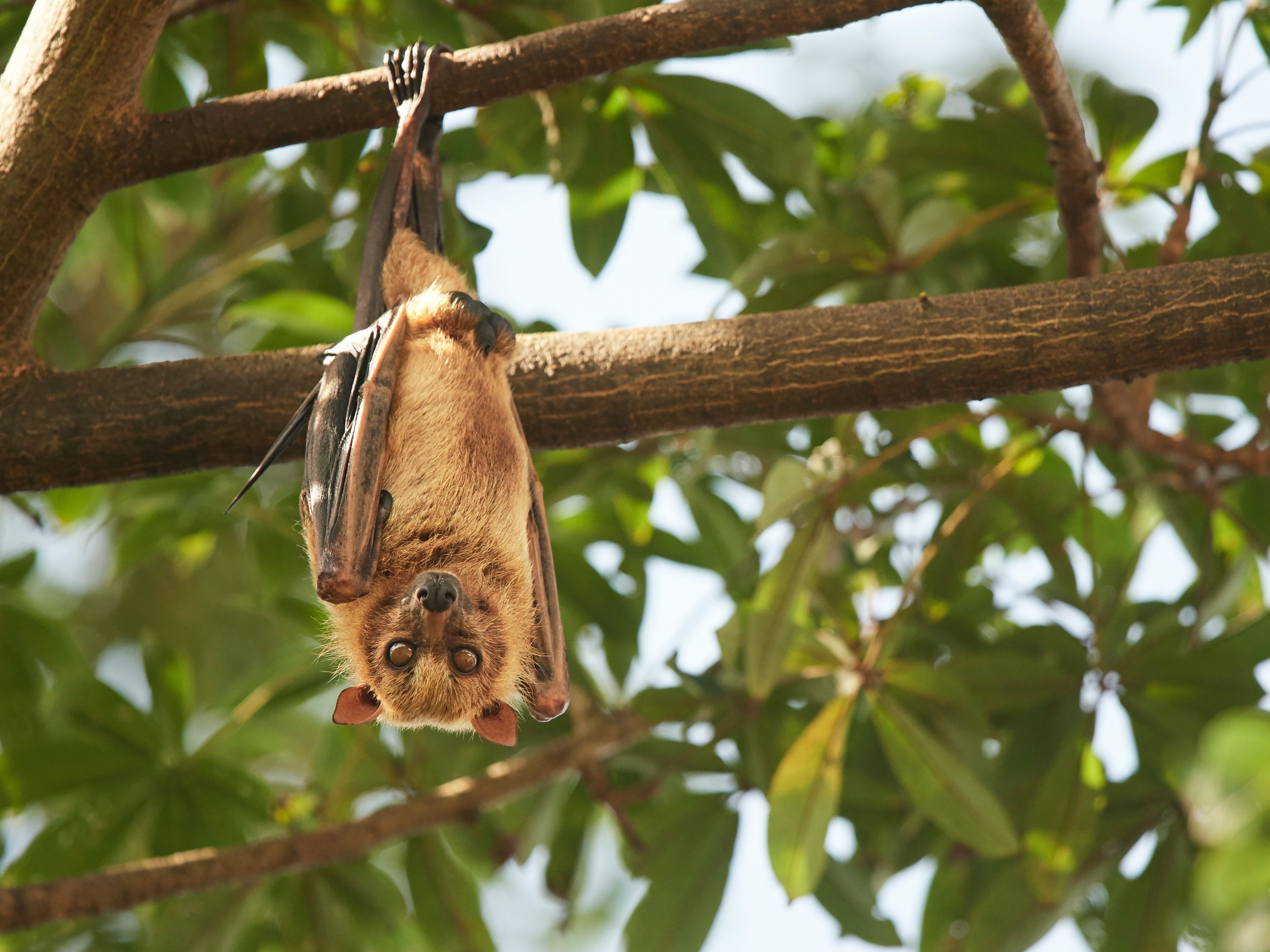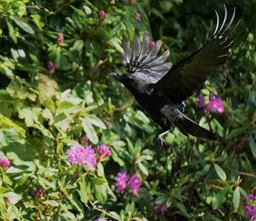Bats Unmasked: Revealing the Amazing Wonders of Bat Conservation


Exploring the Wisdom of Bats with Alexandra: Unveiling the Secrets of These Enigmatic Creatures
Photo by Unsplash (Nils Bouillard)
In a fascinating conversation with Alexandra, a passionate bat conservationist and advocate for these species, we delve into the fascinating world of bats, dispelling myths and revealing the wonders of these amazing mammals. Our conversation not only debunked myths surrounding these fascinating creatures but also uncovered valuable insights into Alexandra's conservation journey. Curious? Read our conversation below:
Ussi: Could you please tell us a bit about why bats are fascinating creatures?
Alexandra: Absolutely. One example is that bats stand alone as the only order of mammals that have truly mastered flight.
Ussi: Could you tell us a bit more about bats as members of the mammal group?
Alexandra: Bats encompass all the defining characteristics of mammals—from fur-covered bodies to being warm-blooded and giving birth to live young who are nourished with maternal milk, echoing a kinship with our own human experience.
Ussi: Among the general public, bats may be most famous for their subfamily the vampire bat. What sets vampire bats apart from other bats?
Alexandra: Vampire bats are a minuscule subset of the 1,400 bat species worldwide. These blood-sipping creatures share the skies with fruit bats, nectar-eaters, insectivores, and even fishing bats. Vampire bats primarily inhabit Central and South America, with only sporadic reports from southern Texas.
Ussi: What does a vampire bat look like?
Alexandra: Imagine a diminutive leaf-nosed bat, with a short, rounded muzzle and large ears. Despite their menacing reputation, these creatures are small, typically less than 10 cm in length and weighing only 15 to 45 grams.
Ussi: In this conversation, we're also aiming to debunk some myths surrounding bats. One of these is the perspective bats fly at your head. How would you respond to this perspective?
Alexandra: Contrary to a common myth, bats don't aim for our heads. They skilfully navigate using sophisticated sonar, avoiding obstacles and people while hunting for insects. Any close encounters are usually coincidental.
Unveiling the Secrets of bats with Alexandra.
Photo by Unsplash (Nils Bouillard)
Ussi: How did your passion for bats lead you to our WildHub community?
Alexandra:
My journey with WildHub began with the opportunity to participate in WildTeams courses, generously sponsored by BatsWithoutBorders. This connection grew from my work organizing the first bat symposium for African graduates.
Ussi: Would you have any suggestions to make WildHub even better?
Alexandra: Currently, I'm looking forward to joining a WildHub social to meet more like-minded conservation professionals.
Ussi: Based on your career development to date, what would be your top 5 lessons learned you would like to share with our WildHub members today?
Alexandra: Reflecting on my journey, here are five valuable lessons:
- Mentorship Matters: Seek out mentors, especially influential women in science, who can guide and inspire you.
- The Power of Networking: Building connections and collaborations can open doors and shape your career.
- Choose Your Supervisors Wisely: In academia and research, the right supervisors can provide invaluable opportunities and guidance.
- Ask for Help: Whether professional or personal, don't hesitate to seek assistance. Maintaining a healthy work-life balance is essential.
- Persistence and Self-Kindness: Embrace challenges, combat self-doubt, and remember that every obstacle is part of your unique journey. Be kind to yourself and cultivate a strong support system.
Ussi: Any final thoughts you would like to share with our WildHub members?
Alexandra:
I am grateful for the chance to be part of the WildHub community! Feel free to reach out if you share an interest in all things bat-related.
In Conclusion: Nurturing Knowledge, Inspiring Action, and Building Community
As we conclude this insightful conversation with Alexandra Howard, our aim is clear — to enrich our community with knowledge, inspiration, and a shared commitment to conservation.
Nurturing Knowledge: By dispelling myths and offering accurate insights into the world of bats, this interview serves as a valuable resource. Let's continue to build on this knowledge, sharing it within our community and beyond to foster a deeper understanding of these remarkable creatures.
Inspiring Action: Alexandra's professional journey and the lessons she generously shares are a beacon for aspiring conservationists. Let her experiences inspire us to seek mentorship, forge meaningful connections, and persist in our pursuits. Through collective action, we can amplify our impact on conservation efforts.
Building Community:
The mention of joining WildHub social events highlights the vibrant community spirit within our platform. Let's take this as an invitation to actively engage, collaborate, and foster a supportive environment where ideas flourish and partnerships thrive.
As members of this dynamic community, we have the opportunity not only to absorb knowledge but also to contribute to its growth. Let's carry the torch of conservation forward, united in our dedication to understanding, protecting, and celebrating the rich biodiversity of our planet.
Thank you, Alexandra, 🙏 for sharing your insights, and to the WildHub community, let's continue this journey together, making a lasting impact in the realm of conservation.






Please sign in or register for FREE
If you are a registered user on WildHub, please sign in
Great to see bats highlighted for the amazing work they do in an ecosystem! :)
Dear Charlie,Thank you for taking the time to share your thoughts. Your comment is truly appreciated!
Great article - I love bats! I never thought of the fact they are the first mammal to master flight. Fascinating. Is there anything I can do to entice them to roost in my roof? I used to have them then did a bit of work on the house and now they are sadly gone.